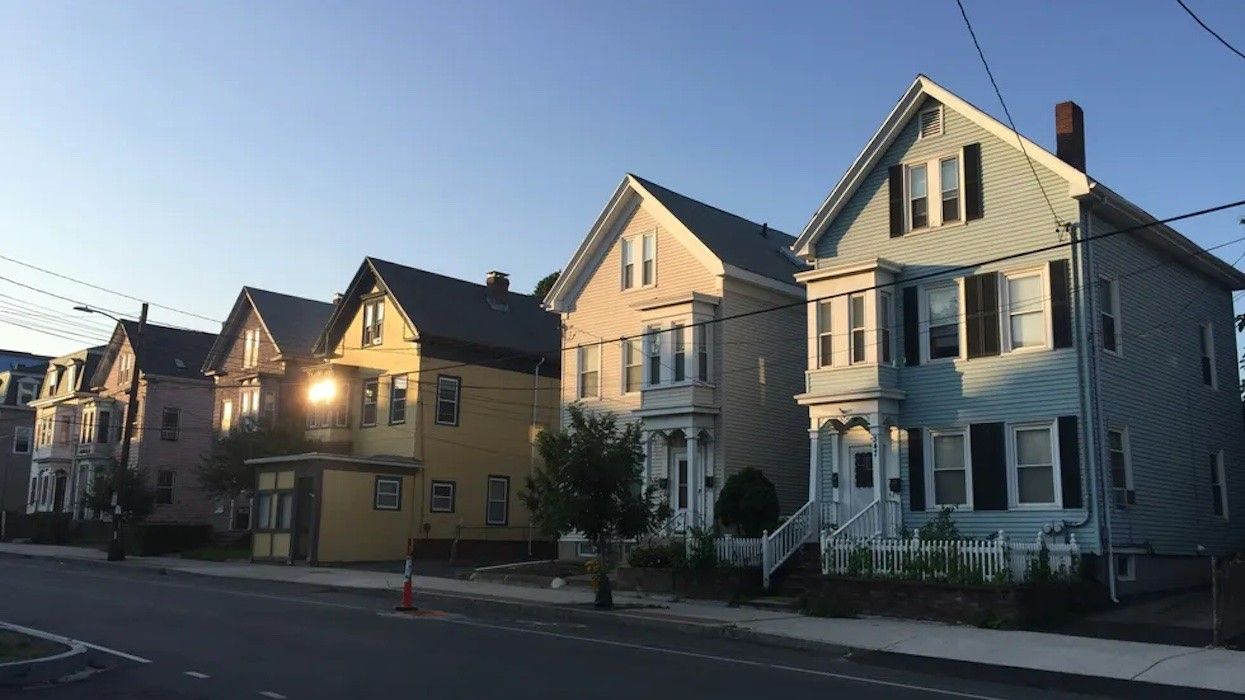Increased buyer caution brought on by trade disputes and an upcoming federal election have cooled what was widely predicted to be a hot spring market, bringing price growth down with it.
In their previous price forecast in December 2024, Royal LePage predicted that declining interest rates and new lending rules making homeownership more attainable would result in "a return to stability in 2025," with prices rising, but in a more stable, sustainable fashion than seen in recent years.
That, of course, was before a US administration change resulted in unforeseen threats to the Canadian economy and a pending administration change here in Canada pushed would-be buyers to take on a wait-and-see mindset as parties present their housing policies.
In their latest House Price Survey and Market Forecast, Royal LePage shows how these market conditions have impacted home prices across the country, revealing a split national market where some regions are seeing price growth while others are "treading water."
Buyer Sentiment
Before jumping into price movements in the first quarter, it's worth understanding how buyers across the country are feeling amid economic and political uncertainty.
Overall, a slight majority of Canadians (49%) are confident in the country’s economy, according to a survey administered by Royal LePage, while a substantial 43% say they are not confident and a mighty few (6%) are very confident. On the provincial level, respondents from the Prairies were the least confident in the economy at 60%, whereas Quebecers were the most confident, with only 26% expressing a lack of confidence.
Nationally, 49% of Canadians say the ongoing trade dispute with the US has caused them to postpone their home-buying plans, while 51% say it has not. Of those who are choosing to wait, 37% are worried about cost of living worsening, 30% are hesitant to make a big purchase at a time of political and economic uncertainty, and 14% are holding out because they expect home prices to decline as a result of the conflict, explains the report.
“The new administration in Washington has rattled Canadians with aggressive rhetoric and punitive trade policy. While we were spared from the blanket 10% tariff imposed on most countries in the world, targeted steel and aluminum duties — coupled with unsettling comments that called Canada’s sovereignty into question — have been enough to shake public sentiment," says Phil Soper, President and CEO, Royal LePage. “Still, there are signs of encouragement,” he adds, pointing towards the 90-day pause on tariffs and the recent appointment of well-respected Pete Hoekstra as US ambassador to Canada.
Looking ahead, recent stock market fluctuations have created strong economic headwinds that will likely continue as long as frenetic global trade policy continues south of the border, but Soper highlights Canada's resilience during time of economic uncertainty.
"Canada has weathered economic storms before, including the 2008 financial crisis and the 2020 pandemic, emerging with a reputation for steady leadership and economic resilience,” he says.
Regions
In general, the report finds that the greater regions of Toronto and Vancouver saw modest price declines in the first quarter of 2025, while markets in Quebec, the Prairies, and Atlantic Canada saw notable appreciation.
Toronto
Starting with the City of Toronto, where sales were down 23% year over year in March, the average home price fell 3.1% on an annual basis. The decrease was driven by a 3.9% year-over-year depreciation in condominiums to $686,700 and a lesser 0.8% decline for single-family homes to $1,693,200.
The Greater Toronto Area saw similar declines, with home prices falling by 2.7% year over year driven by a 4% decline in condominiums and a 0.5% dip in single-family homes.
“It’s important to distinguish that we’re seeing a market shaped by caution, not desperation," says Shawn Zigelstein, broker and leader of Team Zold, Royal LePage Your Community Realty. "Inventory is increasing and new listings are continuing to come online, but sellers — in the vast majority of cases — are not panicking. Average days on market are up, but prices have not collapsed; sellers are being patient."
Looking ahead, Royal LePage is predicting home prices in the GTA will grow by 3.5% in the fourth quarter of 2025, compared to Q4 2024 — a revised estimate that reflects the current economic and political environment.
Vancouver
The least substantial price growth is being forecasted for Greater Vancouver, where Royal LePage sees home prices appreciating by a modest 2.5% year over year in the fourth quarter.
This comes after Vancouver saw a 0.7% dip in the average home price, with condominiums falling 1.7% year over year to $765,500 and single-family homes increasing by 0.6% to $1,761,100. Meanwhile, in the City of Vancouver, the average home price increased by 1.4% to $1,422,600, driven by a 1.3% price increase in single-family homes to $2,282,700.
Outside of Toronto and Vancouver, however, prices were on the rise across Canada.
Moderate increases were reported in places like Regina, Halifax, Calgary, and Ottawa, where prices rose by 1.2%, 1.9%, 2.4%, and 2.9%, respectively, while greater appreciation was observed in Winnipeg where the average home price grew by 5.4% to $411,900 and Edmonton, where prices increased by 8.3% to $478,800.
Quebec
But the showstopper was Quebec City, which continued to lead in price appreciation, posting a 17% annual increase in Q1; "the highest increase among the report’s major regions for the fourth consecutive quarter," according to the report.





















